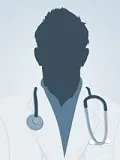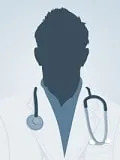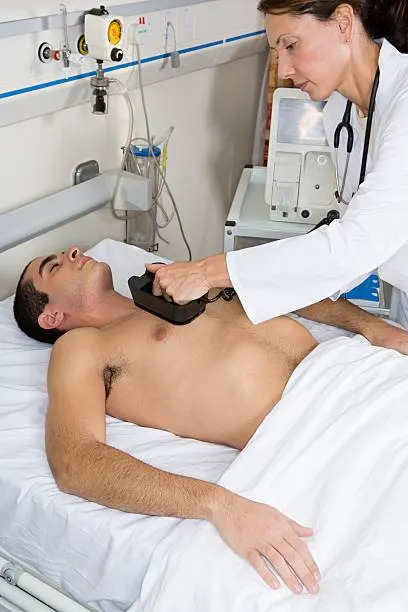


Department: Critical Care
Estimated Cost : $8000 - $35000
Cardiogenic shock is a life-threatening condition in which your heart suddenly can't pump enough blood to meet your body's needs. The condition is most often caused by a severe heart attack, but not everyone who has a heart attack has cardiogenic shock.
Cardiogenic shock is rare. It's often deadly if not treated immediately. When treated immediately, about half the people who develop the condition survive.
Cardiogenic shock signs and symptoms include:
Because cardiogenic shock usually occurs in people who are having a severe heart attack, it's important to know the signs and symptoms of a heart attack. These include:
Seek medical attention quickly when having these signs or symptoms to decrease your risk of developing cardiogenic shock.
Getting heart attack treatment quickly improves your chance of survival and reduces damage to your heart. If you're having symptoms of a heart attack, call 911 or other emergency medical services for help. If you don't have access to emergency medical services, have someone drive you to the nearest hospital. Don't drive yourself.
@2025 Healtour Solutions Pvt Ltd. All Rights Reserved.